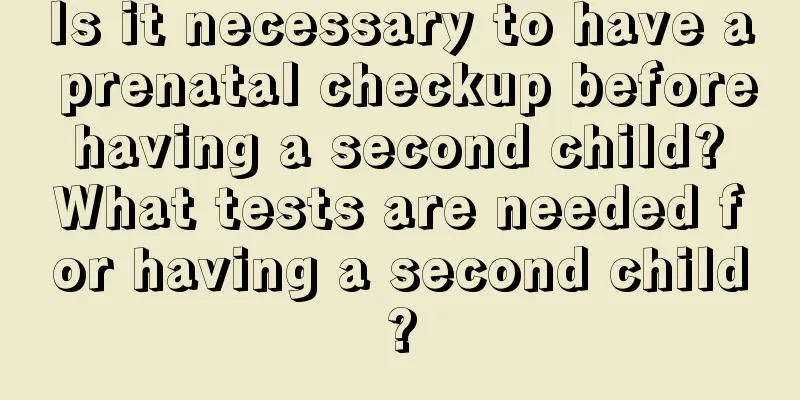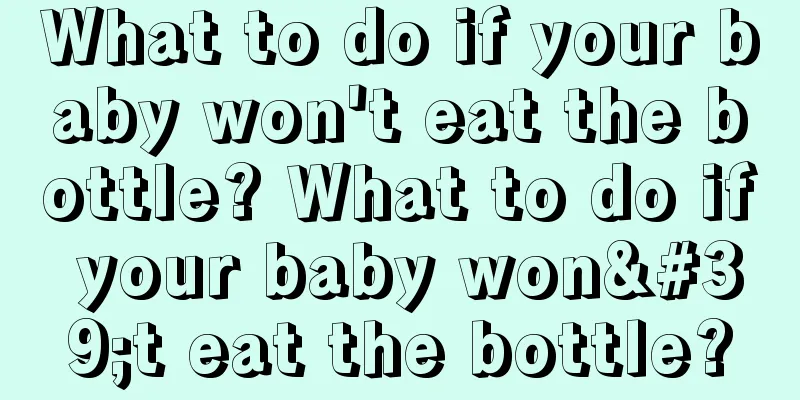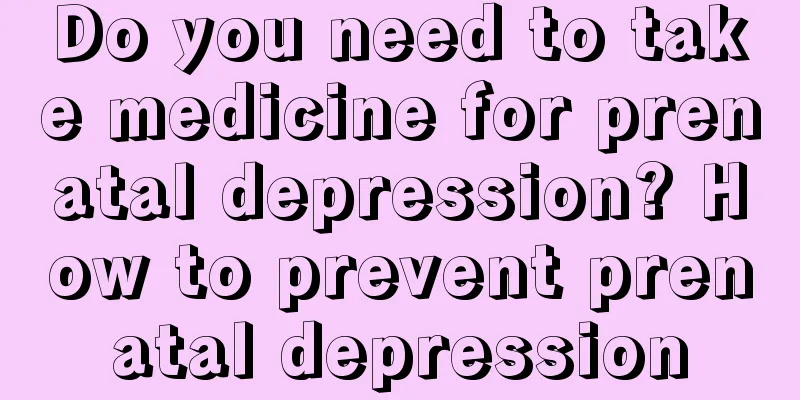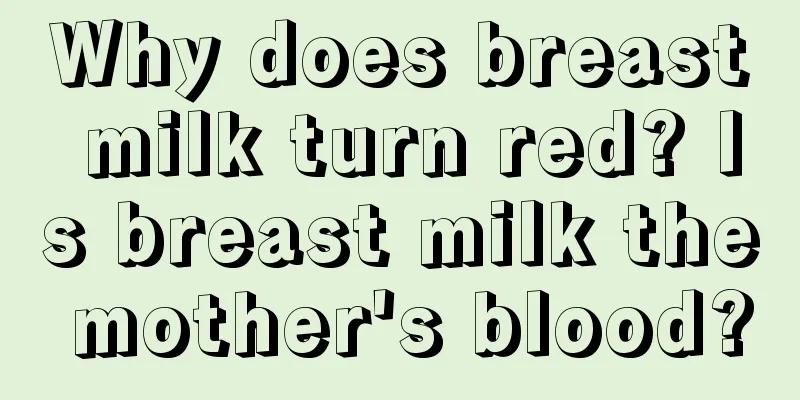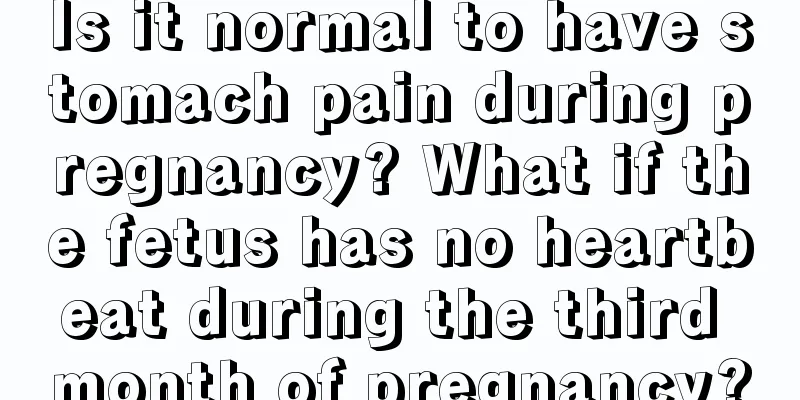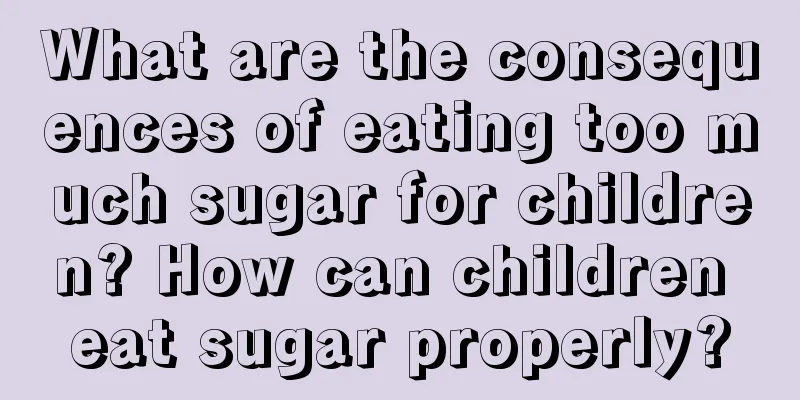Can children eat persimmons? Is it good for children to eat persimmons?
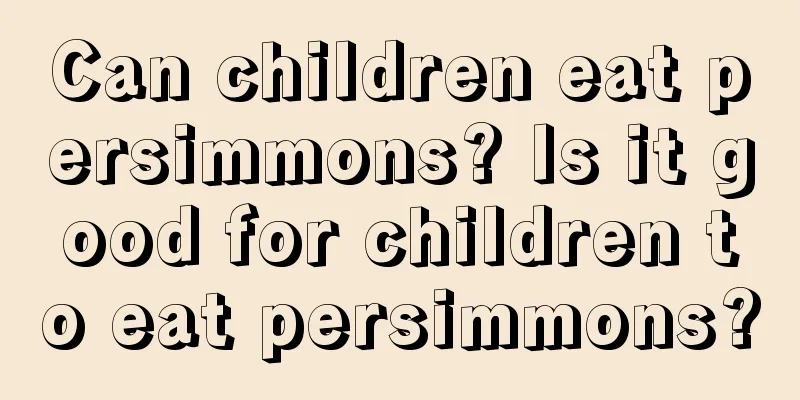
|
Children are generally greedy and like to eat snacks and fruits. Autumn is the season for eating persimmons, and the red persimmons are very tempting. Therefore, it is normal for children to eat persimmons, but there is news that children cannot eat persimmons. So, can children eat them? Is it good to eat them? Can children eat persimmons?Children should try to eat less persimmons! Because children are in the growth and development stage, their organs are not yet fully developed, so they should try to eat less persimmons, and never feed them on an empty stomach, as it is easy to form "gastric persimmon stones" and cause gastric perforation. How many persimmons should children eat at one time?Parents should not let their children eat too many persimmons. They can only eat 1-2 persimmons at a time and do not eat the skin. It is best to eat them after a meal. In this way, the persimmons can be mixed with food, reducing the direct reaction of persimmons with stomach acid and avoiding the formation of persimmon stone disease. The benefits of eating persimmons for childrenAutumn is also the season for persimmon harvest. Persimmons have thin skin, bright color and sweet taste, and are a favorite fruit for children. Persimmons are rich in sucrose, glucose, fructose, vitamin C, calcium, phosphorus, iron and various colloids. If a child has a cough due to lung heat or dry stool, eating some persimmons will help improve the symptoms. However, if you often eat a lot of persimmons before meals, the large amount of persimmon tannin, tannin and colloid contained in persimmons will form insoluble lumps when encountering acid in the stomach. Small lumps can be discharged with stool, but larger lumps cannot be discharged and can only stay in the stomach to form gastric stones, which manifest as stomach bloating, discomfort, vomiting and indigestion. If the child already has gastritis or gastric ulcer, it may also induce dangerous complications such as gastric perforation and gastric bleeding. Precautions for children to eat persimmons1. Do not eat on an empty stomach: Persimmons contain a lot of tannic acid, which can precipitate and condense into blocks under the action of gastric acid and remain in the stomach, forming "gastric persimmon stones". Gastric persimmon stones are not easy to crush, and the larger they accumulate, the more they can cause congestion, edema, erosion, and ulcers of the gastric mucosa. In severe cases, they can cause gastric perforation.2. Do not eat with high-protein foods: Foods high in protein such as crabs, fish, shrimps, etc. will easily coagulate into lumps under the action of tannic acid and form gastric persimmon stones, so they should be avoided.3. Rinse your mouth after eating: Persimmons are high in sugar, and also contain pectin and tannic acid. If you do not pay attention to oral hygiene after eating, it may damage your teeth. Children are prone to tooth decay, so you should rinse your mouth or brush your teeth in time after eating persimmons."No. 5 Parenting" (:yuer5h) |
>>: Mom recommends: Moony Japan's top-grade wet wipes are super easy to use
Recommend
Can children with anemia eat donkey-hide gelatin? How to choose milk powder for children with anemia
Anemia in young children is a common phenomenon n...
What is the reason for the white spots on the newborn's neck? What should I do?
Babies always love to play, and their bodies alwa...
What to do if your baby gets a cold and coughs in autumn? What causes your baby's cough in autumn?
After entering autumn, the weather turns cooler a...
What are the benefits of rice noodles for babies? How to brew rice noodles
Rice cereal is a very common product for infants ...
How to increase nutrition for children who are too thin? What can children who are too thin eat to gain weight?
Usually most children are thin, because many chil...
A must-read for new parents: teach your baby to stop feeding at night and sleep through the night in seven days
Many postpartum mothers hope to have a good rest ...
How much tea can I drink every day when preparing for pregnancy? What are the dietary taboos when preparing for pregnancy?
When parents are preparing to have children, they...
Can you eat overnight watermelon? What are the dangers of eating overnight watermelon?
What are the dangers of eating overnight watermel...
How many series of Zhonghua toothpaste are there? Can Zhonghua toothpaste be used to wash the face?
Zhonghua toothpaste has a history of more than 60...
Does Dettol hand sanitizer contain alcohol? Advantages of Dettol hand sanitizer
Hand sanitizer is actually necessary in daily lif...
Can babies eat pumpkin as complementary food? Benefits of eating pumpkin for babies
Pumpkin is sweet and soft after being cooked. Can...
oralpaedon electrolyte water instructions oralpaedon electrolyte water usage and dosage
Oralpaedon electrolyte water is a supplement for ...
What brand of clothes does Jasper wear in "Where Are We Going, Dad?"
The most popular cute kid in the fifth season of ...
Can the baby sleep with mom and dad? Where is the best place for the baby to sleep after birth?
Many parents are confused after their babies are ...
The intellectual development standard of a two-year-old baby What should be paid attention to in the care of a two-year-old baby
The baby's growth has different performances ...
